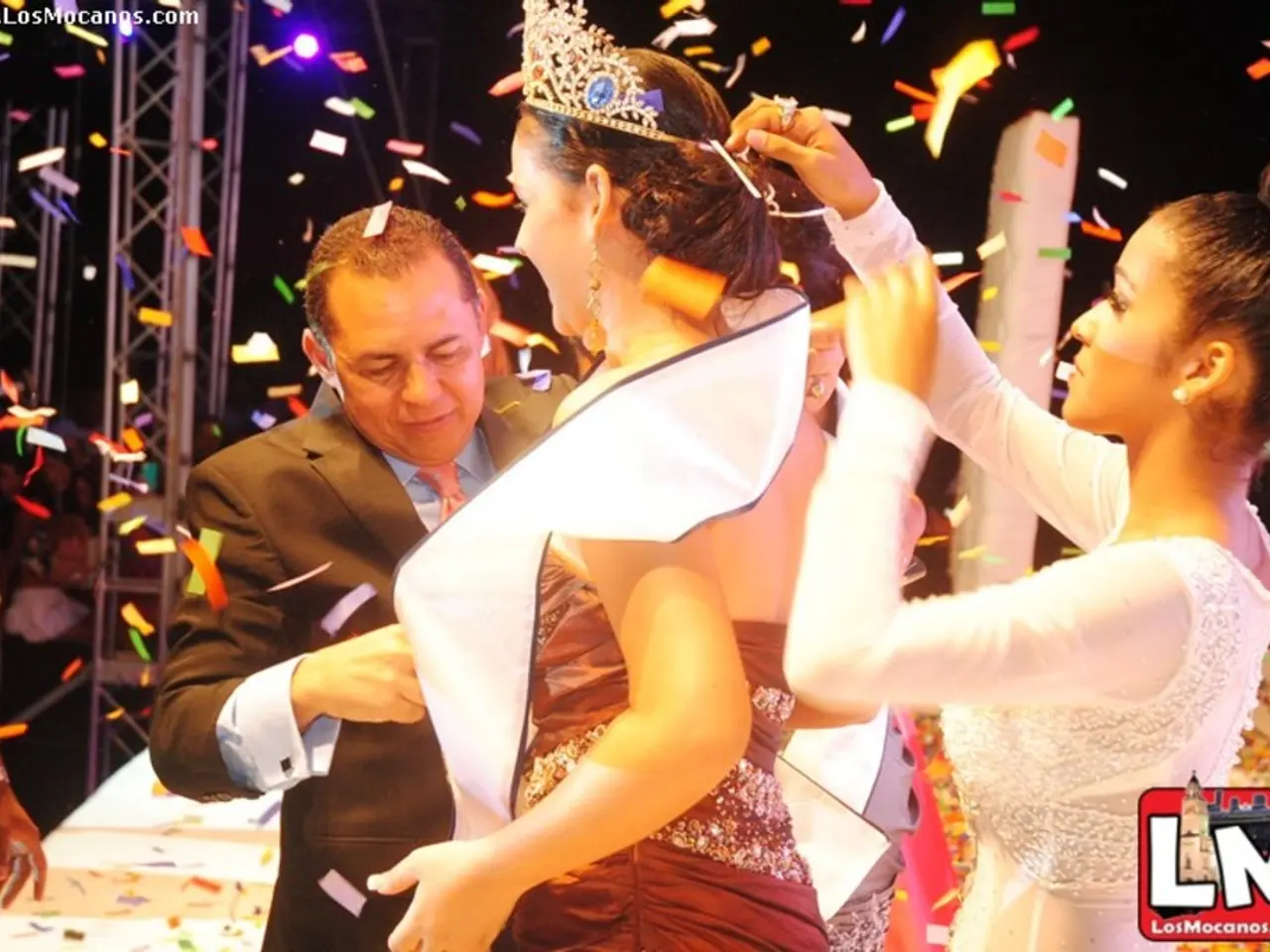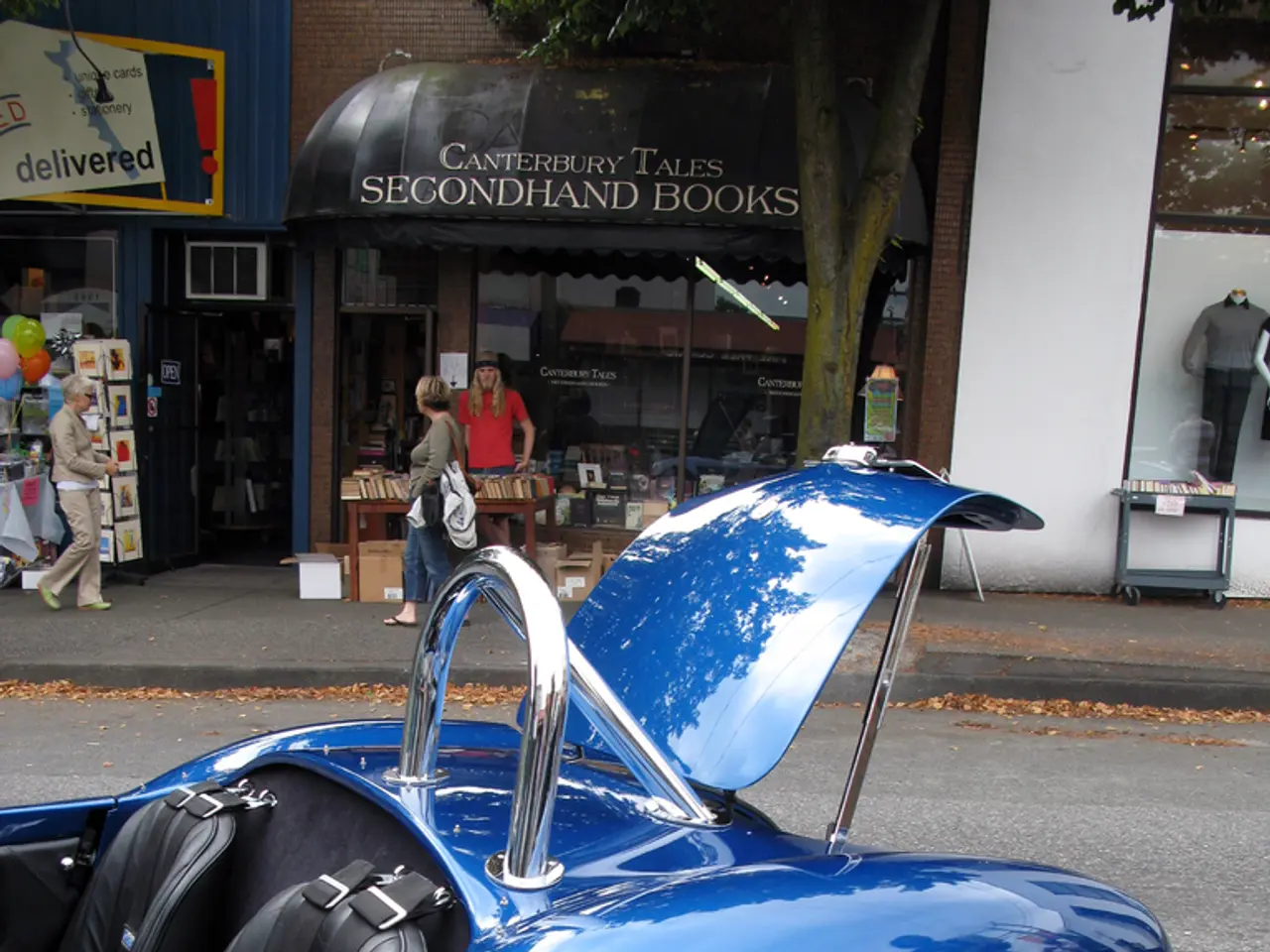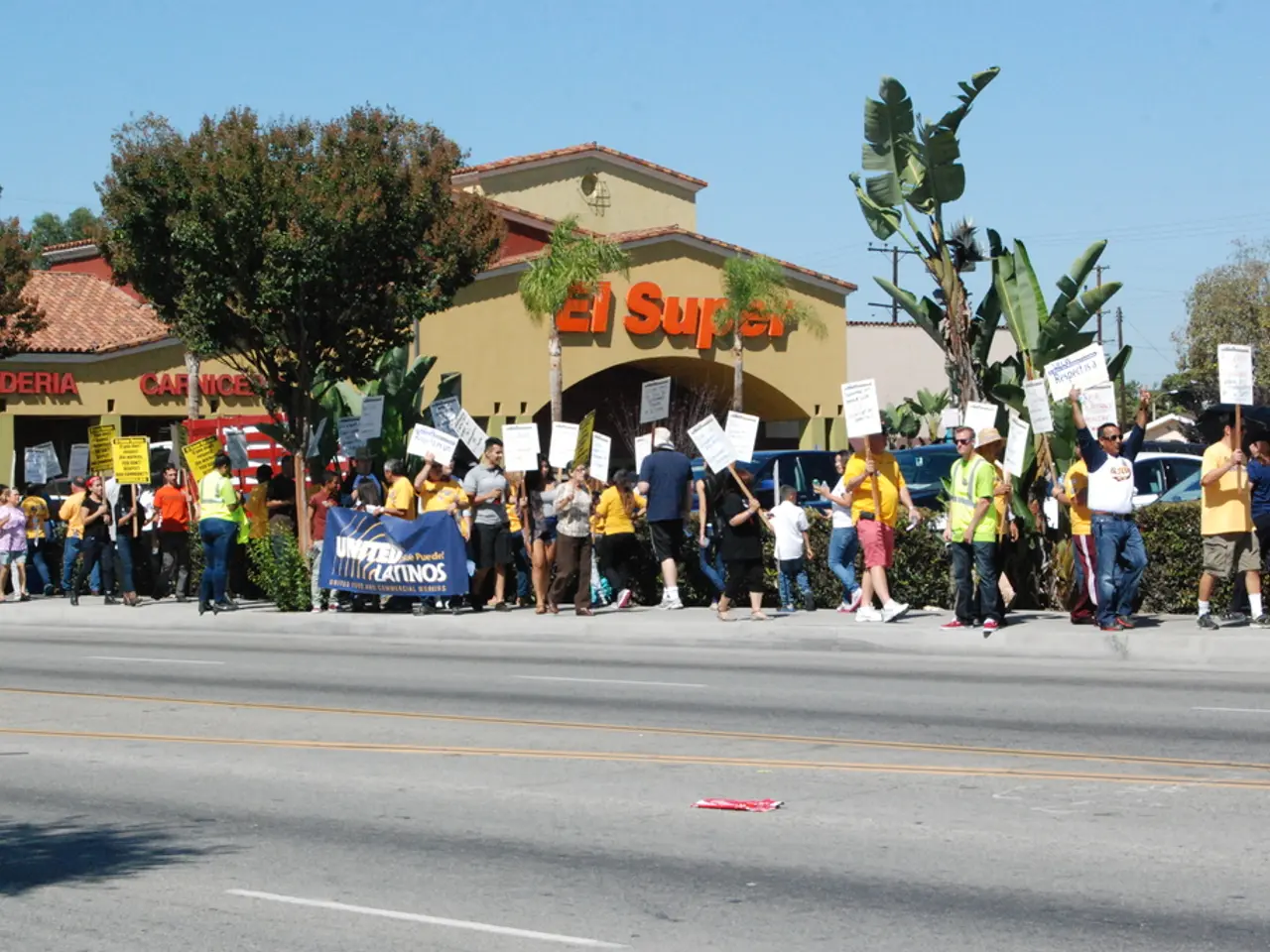Introduction to Blaxploitation Cinema for Newcomers
In the early 1970s, a cultural phenomenon emerged that would leave an indelible mark on cinema, music, and popular culture: Blaxploitation films. These groundbreaking movies, characterised by their focus on Black empowerment and identity, provided a platform for Black actors and filmmakers to challenge traditional Hollywood stereotypes and redefine Black representation.
One of the first and most influential Blaxploitation films was "Shaft" (1971), directed by Gordon Parks. This crime drama, starring the iconic Richard Roundtree, was widely credited with popularising the genre and redefining Black representation in Hollywood. Another pivotal film of the time was "Super Fly" (1972), directed by Gordon Parks Jr, which combined an influential soundtrack by Curtis Mayfield with a stylish visual aesthetic to create an unforgettable cinematic experience.
"Sweet Sweetback's Baadasssss Song" (1971), directed by Melvin Van Peebles, was a turning point in the development of the Blaxploitation genre. This film, following a sex worker on the run after killing corrupt police officers who assaulted a Black revolutionary, showcased the genre's bold tone and its commitment to centring Black voices and stories.
Pam Grier, a trailblazing actress, rose to fame during this period with her breakout role in "Coffy" (1973) by Jack Hill. Grier's portrayal of a vigilante nurse taking down drug dealers and corrupt officials was a testament to the fierce and resourceful women at the heart of many Blaxploitation films. Grier reprised her role in another unforgettable classic, "Foxy Brown" (1974), also directed by Hill.
The genre's influence can be seen in films such as Quentin Tarantino's "Jackie Brown" (1997), which served as a loving homage to the genre, featuring Grier in the lead role and blending classic Blaxploitation elements with Tarantino's signature dialogue and non-linear storytelling.
The Blaxploitation era was not just a film genre; it was a cultural revolution that celebrated Black identity and empowered Black audiences by providing heroes and icons they could relate to. The genre's music, with its funk and soul soundtracks, helped define the sonic identity of the era and has continued to influence contemporary artists and filmmakers.
The films showcased a distinct fashion sense, often featuring bold, stylish outfits that reflected the era's vibrant culture. This style has been referenced and reinterpreted in modern fashion and music videos. The irreverent humor and boldness of Blaxploitation have also influenced later comedic shows, such as "In Living Color", which itself was inspired by the genre's audacity.
By the late 1970s, the genre's popularity began to wane, leaving many of the actors, directors, and technicians back into unemployment. However, the legacy of Blaxploitation continues to be felt today, with shows like "Atlanta" drawing upon similar themes and cultural expression.
More recently, "Black Dynamite" (2009) offered a comedic yet affectionate parody of 1970s Blaxploitation films, while "The Harder They Fall" (2021) took the genre into the Western realm, combining bold visual style with an all-Black cast to reimagine the Western as a tale of revenge and empowerment.
Blaxploitation cinema originated in the socio-political climate of the 1960s, during the Civil Rights Movement and increasing calls for racial equality in America. Despite its commercial success, the Blaxploitation genre faced significant criticism from both within and outside the African American community.
Nevertheless, the enduring legacy of Blaxploitation films lies in their contributions to representation, cultural identity, and artistic expression across various media platforms. These films continue to inspire and influence artists and filmmakers today, ensuring that the spirit of the Blaxploitation era lives on.
Modern cinema continues to acknowledge the influence of Blaxploitation films, as evidenced by Quentin Tarantino's "Jackie Brown" (1997) and the contemporary series "Atlanta". The genre, born from the socio-political climate of the 1960s and during the Civil Rights Movement, has transcended entertainment, becoming a powerful expression of Black identity and empowerment.
In addition to its impact on film, Blaxploitation's distinctive fashion sense, bold humor, and musical style have seeped into modern popular culture, resurfacing in fashion and music videos, as well as comedic shows such as "In Living Color".






